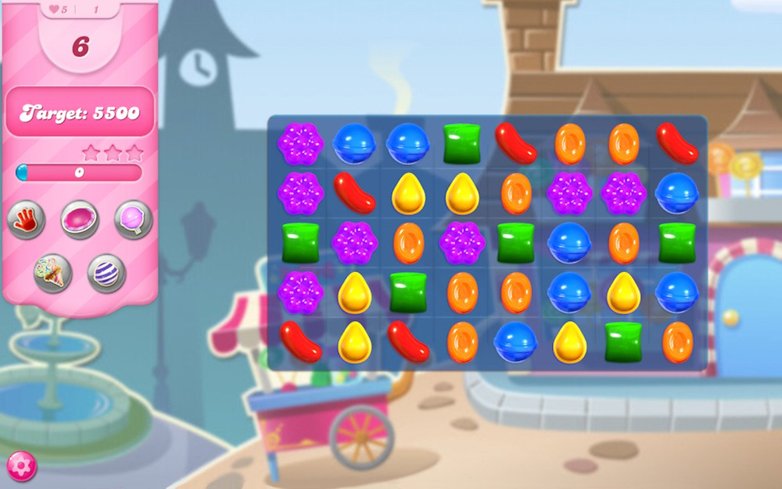Candy Crush is a multi-billion dollar game, still, in 2019. With more than 270 million players, many of whom are playing for significant periods of time, developer King is again facing questions around the issue of addiction and game mechanics that encourage players to keep on playing.
Last year Alex Dale, a senior executive at King.com Limited, originally founded in Sweden, told a Commons select committee set up to investigate addictive technologies and immersive games that Candy Crush was not addictive. During the hearings, Dale admitted that one player had spent $2,600 (£2,050) in a single day on in-game currency to advance through the game.

This week, speaking to MPs in the UK, Dale revealed some interesting statistics about current player numbers. Of the 270 million players, 9.2 million play for three or more hours per day. Around 432,000 play for six or more hours per day. These numbers are huge, but only represent a small percentage of the total player base (3.4% and 0.16% respectively). Dale also said that the core market for Candy Crush is women aged over 35, and that those who were playing for several hours a day were from demographics that had "plenty of time on their hands".
"We have a fair number of people in their 60s, 70s and 80s playing Candy Crush. We do want people to play more," said the King executive.
Commenting on the player that spent more than two grand in a single day on gold bars, Candy Crush's in-game currency, Dale said: "There was a sale on at the time so they were making a rational decision. It is down to player choice if that is what they want to do."
- The best Android games to play in 2019
The World Health Organization now recognizes gaming addiction as an official medical condition. In the gambling industry in the UK players demonstrating addictive betting behaviors are contacted and can be self-excluded from gambling sites and betting shops. At the Candy Crush hearing, a King employee admitted that only one Candy Crush player had been blocked in the last 18 months.




